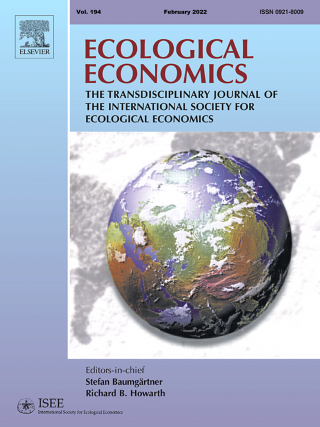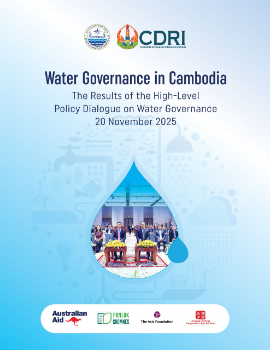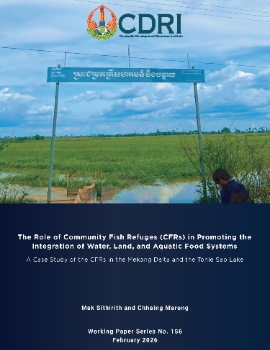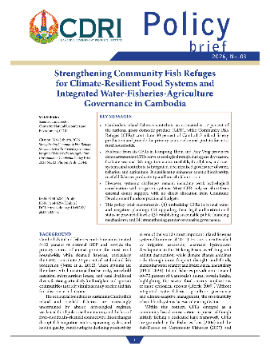
Abstract/Summary
Voluntary contributions to public goods are vulnerable to free riding. A potential solution is the implementation of a costly institutional arrangement that deters free riding behavior. In this paper, we analyze to what extent resource users are willing to bear those costs and vote in favor of costly institutions. We carried out lab-in-the-field experiments with Cambodian farmers in the Kampong Chhnang province. In the first experiment, the subjects played public goods games, with an option to vote for a costly institution with a minimum contribution level. In the second experiment, subjects voted between a costless weak enforcement mechanism and a costly strict enforcement mechanism. We find broad support for both costly institutions, and even more so if players had been exposed to resource scarcity in the past. This finding suggests that even though effects of climate change tend to exacerbate scarcity, it may also trigger institutional responses that can ameliorate those climate impacts.
Link to the article: https://doi.org/10.1016/j.ecolecon.2023.107932



